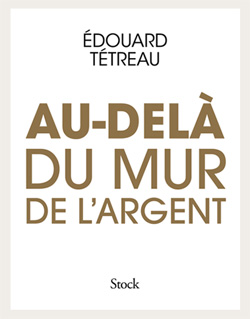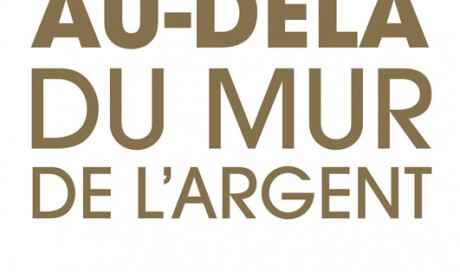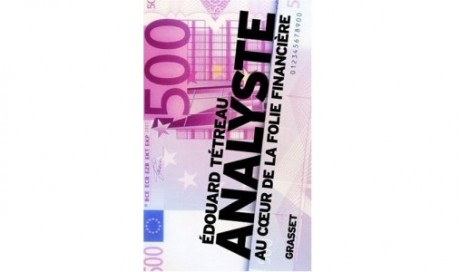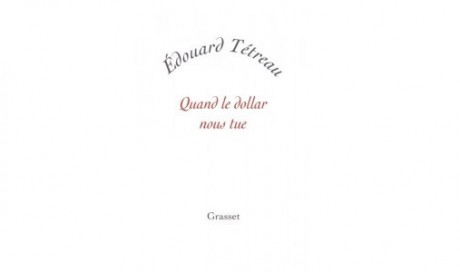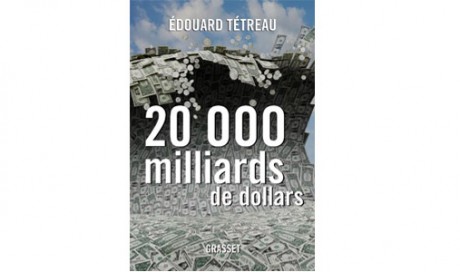- 76 Views
- 0 Comment
- No tags
Two decades have passed since the launch of Jacques Chirac’s partnership with China. Today, disappointment prevails in Beijing. It is time for France to revive close relations with China.
“What is going on in Paris? It is as if everyone has gone crazy. Even worse: suicidal […] Try again my friends! We need you, here.”
“Here”? We are in Beijing. My partners, Chinese business leaders, esteemed French experts no longer understand our country’s actions. The list of dissappointments and missed meetings is long. The French position in Syria: “We like and respect France when its diplomacy is independent, but not when it is aligned with the American agenda, which it denies.” The French position on dumping China in the solar panel industry: “This only concerns the Germans, who withdrew their complaint! Why do you indulge in a fight that is not your own? For the panache? Panache is very expensive these days…” Finally, ” German and British manufacturers are everywhere in Beijing. They work on the ground, much more intensively than you, who send us “has been” politicians.”
No more. The anger and bitterness are on top of the hopes destroyed for over two decades, from the time that Jacques Chirac launched his strategic partnership initiative between France and China to make himself feel better.
The disappointment, but also the expectation. “We need you here.”
Certain Chinese elites formulate a double expectation regarding France. First, because China, like France, will have in few months or years a moment of truth. The economic growth, maintained after the 2009 crisis by an excess of credits (real estate speculation, unnecessary infrastructure), is slowing more than official statistics at the same time that inflation is rising dramatically. The tensions are accumulating. The minimal system of pensions and social security raise excess savings and anxiety. The middle and upper-middle classes who worry about the future of their only children, whom they seek to provide with a complete world education, do not accept these external signs of favoritism and the privileges that some elites have already abused.
The first decisions of the new dynamic and determined Chinese power, Xi Jinping, are ready and urgent. The great struggle against the corruption of elites has only just begun: Bo Xilai, nine officials at the level of ministers, the head of the very powerful Sasac (holding of the head of public businesses) or the leaders of western companies are now behind bars. The next decisions that will taken in November during the third strategic session of the eighteenth 3rd party congress, is likely to take two directions: on one side, a larger liberalization of certain economic sectors, meaning more private competition for productivity gains and growth. But, on the other hand, a control strengthened by expressions of the discontent and opposition by a population of a few hundred million educated people, who had known about swift social progress and communicate extensively on social networks. Otherwise formulated: it is not impossible that China soon learns of its May 68 and the takeover that will follow. That day, on the international stage, China will count its friends and allies, those who will continue to have a conversation, maintaining a language of truth through diplomatic channels; and those that will publicly bestow lessons in morality. Which camp will France be in?
The other expectation of China vis-a-vis France is more positive. It concerns three of the China’s principal challenges in the nineteenth century:
1. The overhaul of a unsustainable development model, which rampages its environment and endangers the health of its inhabitants. The application measures the rate of fine particles in the air, often ten times more than the WHO’s recommendations, a best-seller in Beijing.
2. The construction of an educational offering open to the world, which proposes an alternative to the dominant American code, which arouses much envy and deep repulsion in China.
3. Finally, Chinese engagement with the region of the world that will experience, for better or worse, the largest population growth in the twenty-first century: Africa and the Middle East.
Yet, France has considerable assets to share in regards to these three priority matters for China. These include: industrial leaders with jobs in the city environment and services sector; successful international colleges and universities; the excellence of its diplomacy in China, Africa, and the Middle East.
Has the time not come, outside of official friendly visits, to propose a major strategic initiative with China, around its three priority matters? François Hollande does not need to wait for the unlikely change in the unemployment curve and surveys to launch a real initiative: a French-Chinese “New Deal”. Let us launch it before the doors to the Middle Kingdom shut quickly, leaving China by itself, in a dangerous head-to-head with America.
OUR RECENT
WORKS
-
20000 Milliards de…Book
Warning: Invalid argument supplied for foreach() in /home/edouardt/www/wp-content/themes/edtetreau/includes/part-portfolio.php on line 54
Warning: Invalid argument supplied for foreach() in /home/edouardt/www/wp-content/themes/edtetreau/includes/part-portfolio.php on line 54
Warning: Invalid argument supplied for foreach() in /home/edouardt/www/wp-content/themes/edtetreau/includes/part-portfolio.php on line 54


